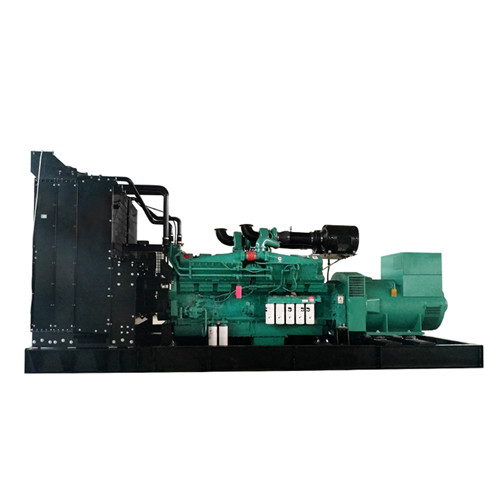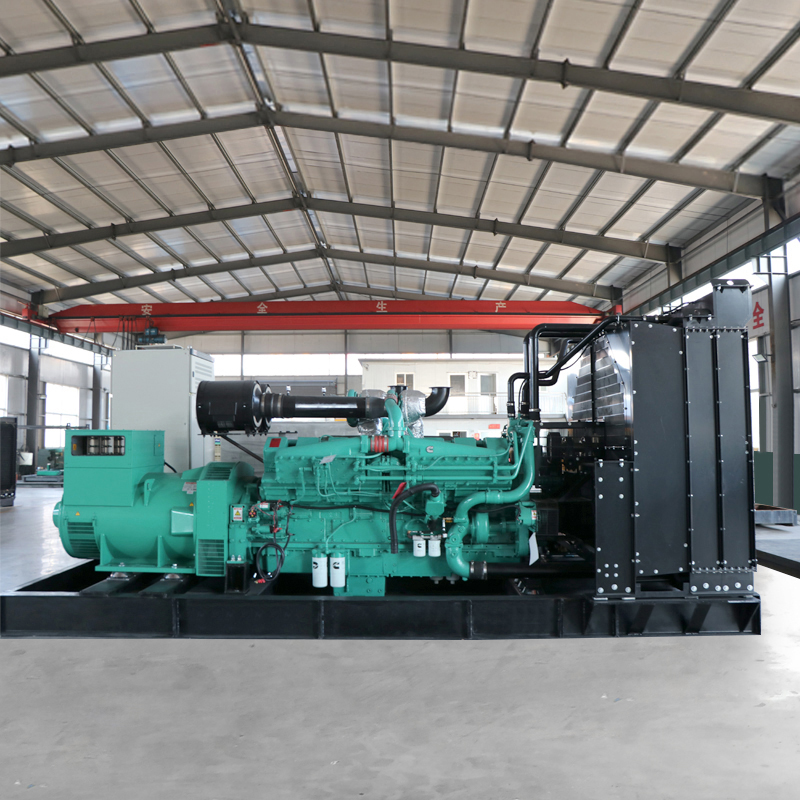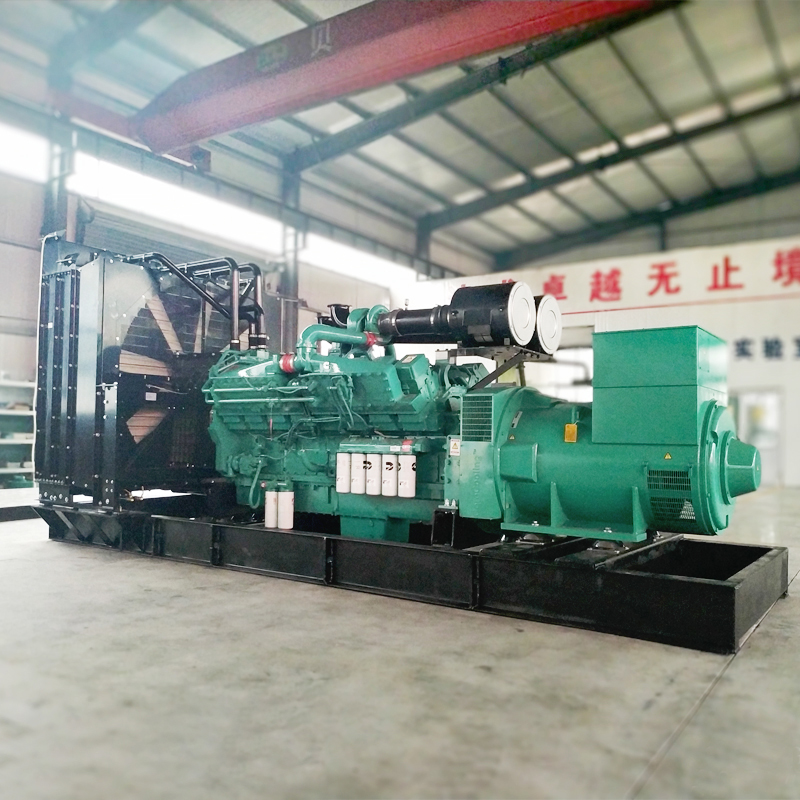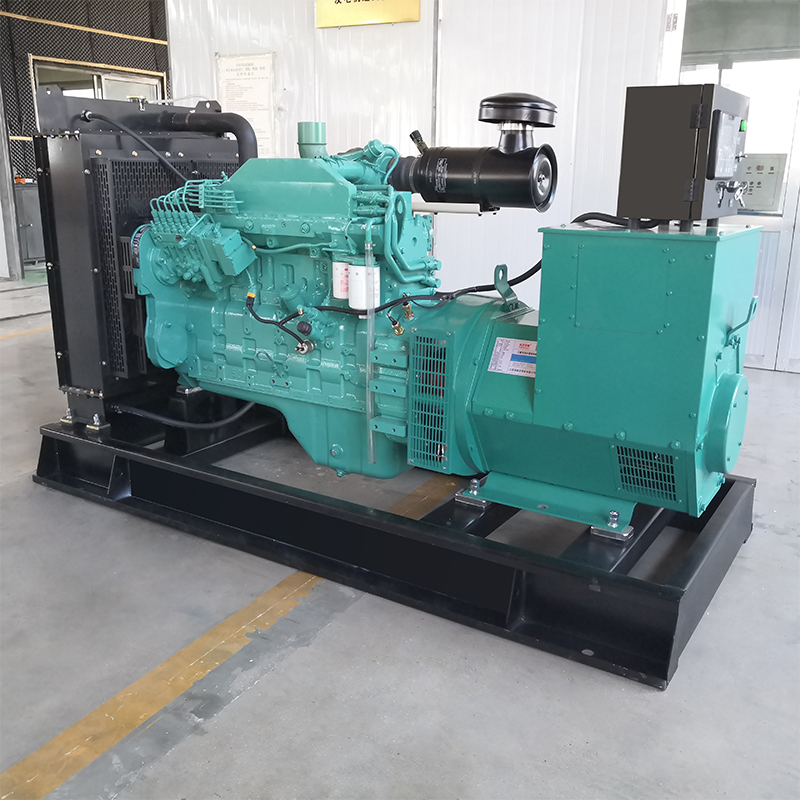Diesel vs petrol generators: which is better?
Benefits of diesel generators:
At face value, diesel offers several advantages over petrol.
For example, diesel generators are more efficient in that they require as little as half as much fuel and don’t need to work as hard as petrol units to produce the same output.
So, while diesel costs more per litre, a diesel generator will use less fuel which can mean lower costs over time.
Diesel is also less volatile than petrol, making it safer to use. And because a diesel machine runs cooler than one run on petrol, and doesn’t need to work as hard, its maintenance
requirements are lower.
Benefits of petrol generators:
On the other hand, there is a wider range of petrol generators on the market, and petrol models generally cost less to buy. Petrol is also less polluting than diesel as it produces fewer
emissions. That said, a diesel generator requires less fuel which can equate to lower pollution overall.
The differences between the two types are also narrowing. For example, many newer petrol models come with built-in safety features, offsetting their higher safety risk. Also, while
diesel generators are noisier, some models now come with noise-reduction features.
So which is best?
The answer really depends on why you want a generator.
For short-term or intermittent use, you are unlikely to experience the cost-saving and efficiency benefits of diesel. This means if it’s a generator for modest use, such as a back-up or
occasional power source, petrol would probably be your best bet.
For high-use or heavy industry situations, diesel works out better in terms of long-term efficiencies.
What size diesel generator do I need?
Diesel generators come in a variety of types and sizes. This includes portable models from 6kVA to 11kVA through to 3-phase stationery generators up to 2,000 kVA or even
larger.
You might choose a portable generator for trade, farm or home and back-up use. For intensive and continued use, you may need a large 3-phase stationary model.
To work out the right size, you need to consider:
The power needs of the appliances or machines you want to run in terms of wattage, for both running and start-up.
Whether you intend running several pieces of equipment at the same time. If so, you will need to add up the requirements of each to arrive at a total.
Converting the wattage requirements to kVA. This is done by dividing the kW requirements by the generator power output factor (usually 0.8). So, for requirements of 7kW and
a power factor of 0.8, you would need a generator of at least 8.75 kVA (7 divided by 0.8).
Once you have an idea of your size requirements, get in touch with our team to discuss the best generators to match your needs.
How much do diesel generators cost?
There are diesel generators to suit a range of budgets.
Portable diesel generators start at around $1,800 for a 6kVA unit through to $21,000 for 11kVA.
Larger diesel generators can range from $22,000 to $320,000 depending on size and features.
Is there anything else to consider?
Look for diesel generators from reputable suppliers with service agents, and that come with good warranties. This includes the option for warranty extensions.
At Huayan, we stock quality diesel generators in a very large range of sizes and types.
If you have any questions about picking a diesel generator, please give us a call at +86 1570 5220 917
Post time: Dec-09-2021





